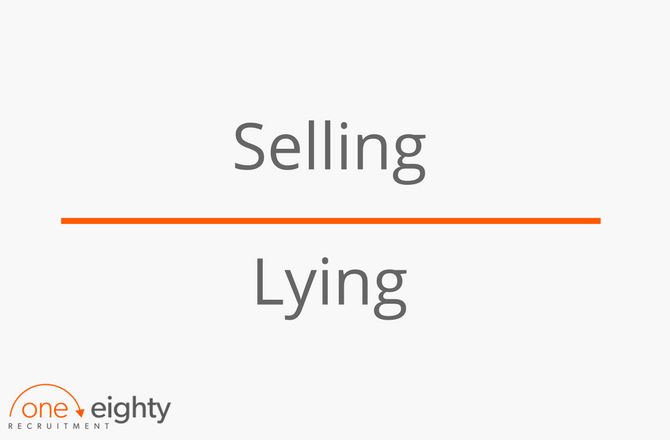The fine line between selling your abilities and lying about them
Default Author • April 19, 2017

The fine line between selling your abilities and lying about them
The biggest frustration I hear from clients is that candidates lie about their level of expertise.
Now I’m a recruiter, so I know more than anyone that interviews are essentially an opportunity for you to sell yourself to an employer (I use the term sell very loosely here).
Yes, when you go to an interview you should be confident in your skills, ability and match to not only the role but also the company. You should be confident in your potential, that you are up to this challenging new role and you are excited to be a part of what they believe in. That’s positive selling.
What an employer does not want to see is you falsifying your abilities. The biggest issue we see in the Architecture space, for example, is the over exaggeration of software skills. If you are familiar with Revit for example, then you are familiar. If you are competent in the software then you are competent. If you sell yourself as a Revit superstar but are more along the lines of competent - They are going to notice and fast.
Yes, you want to believe that you can get to that level, and you probably will. But if the role requires a Revit pro, chances are you are not going to be able to manage or keep up with their immediate expectations of you. Your levels of expertise need to be made clear from the very beginning or before you know it you will be in over your head.
For example- If I were a structural technician, claiming to have advanced knowledge of designing bridge and tunnel systems but really only have textbook knowledge, would you want me in charge of all structural work on your project? I’d hope not!
The same applies to your employer, if you aren’t an absolute expert just yet but you believe you can get there quite quickly then make that very clear - it means they know where your abilities are at this very moment and can still consider you for the role. More often than not if you lie about your level of expertise, they will notice. The market is small in New Zealand, people talk and it’s your own reputation on the line at the end of the day.





